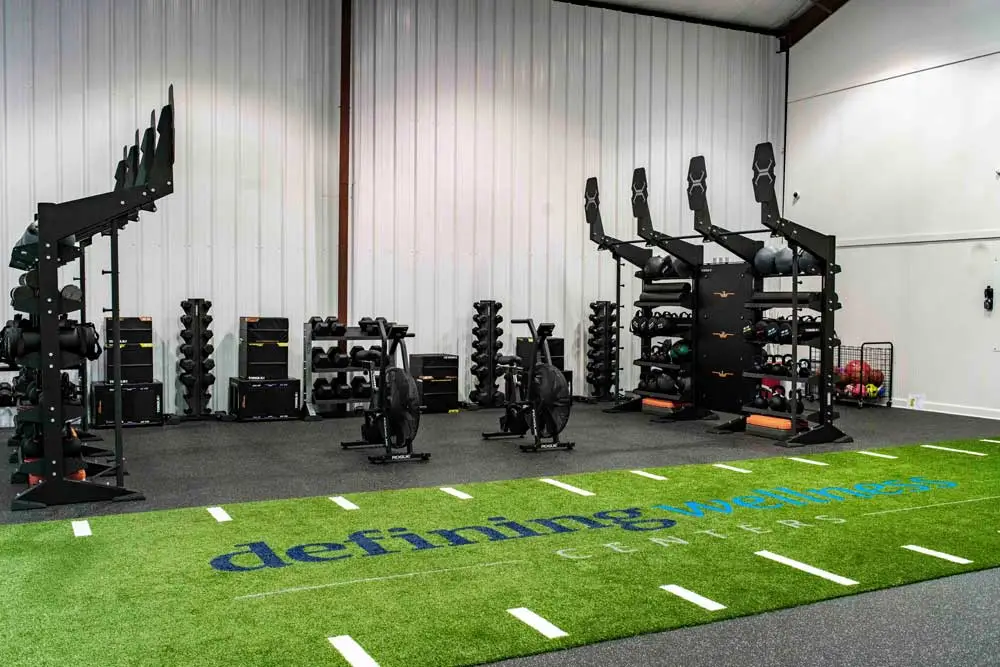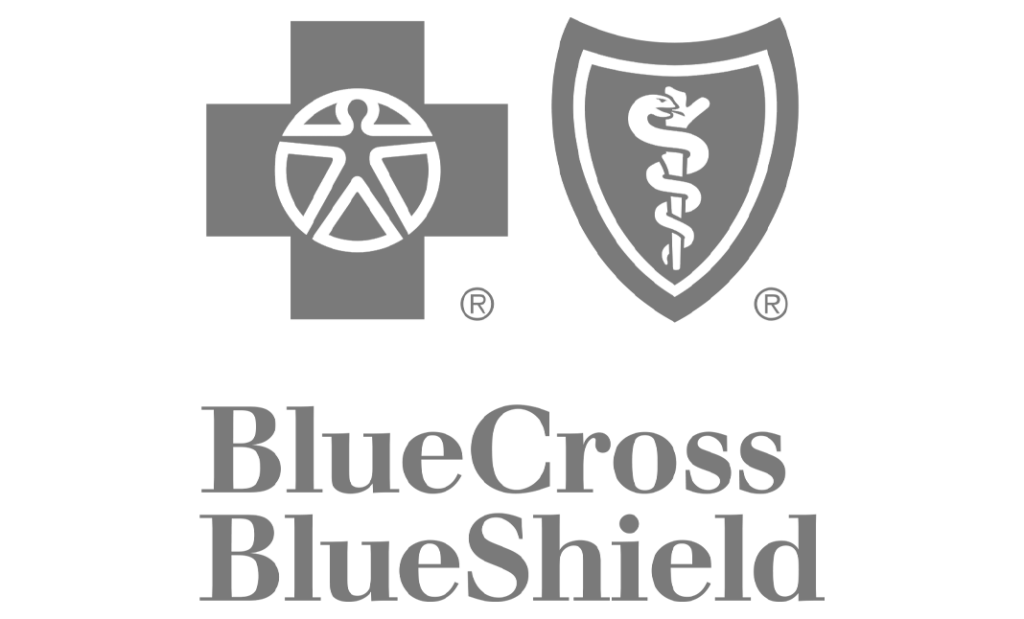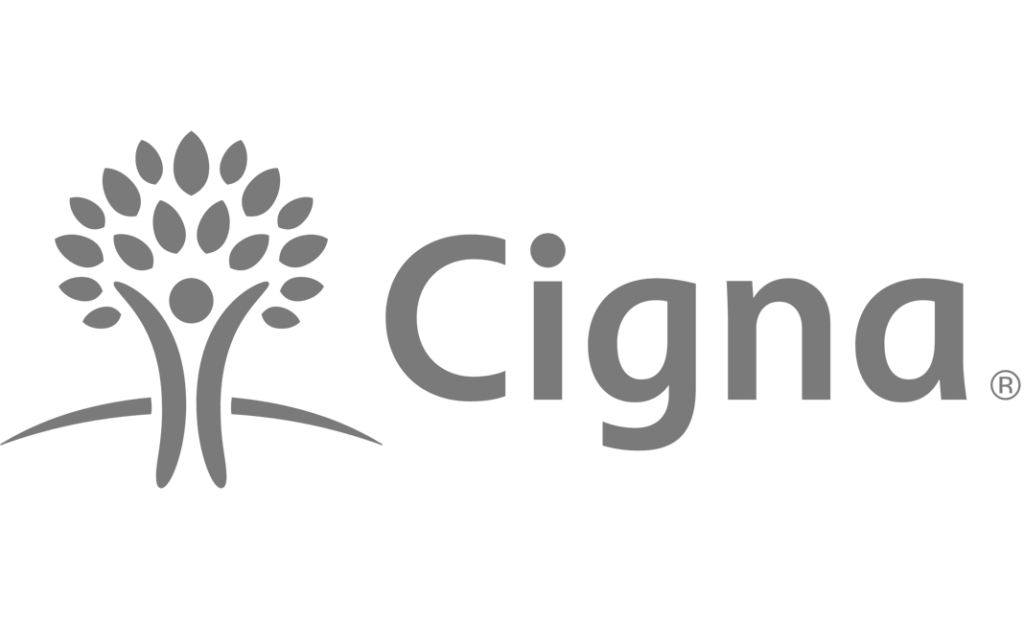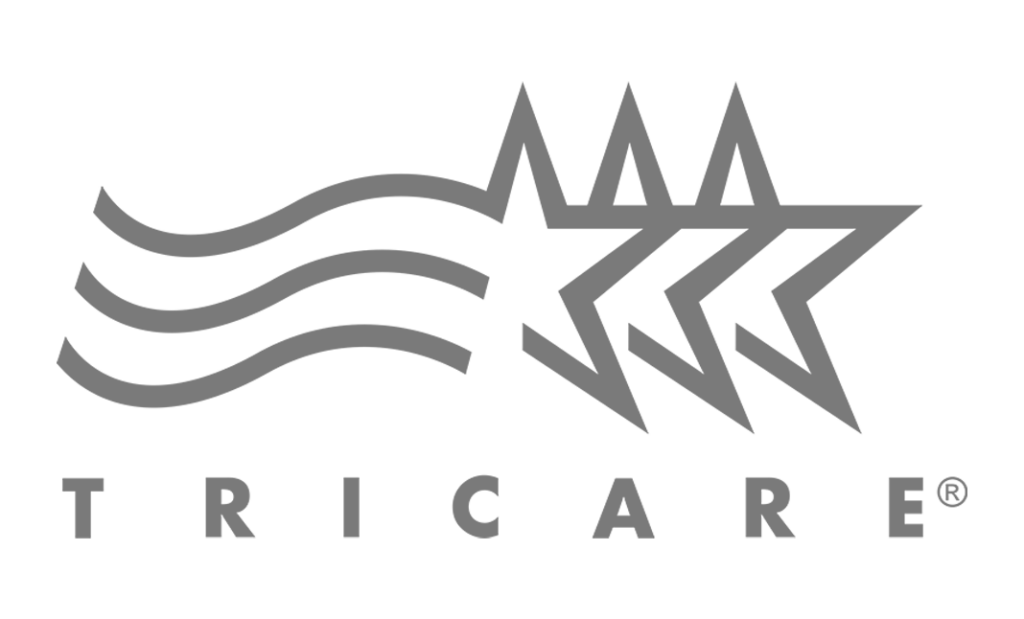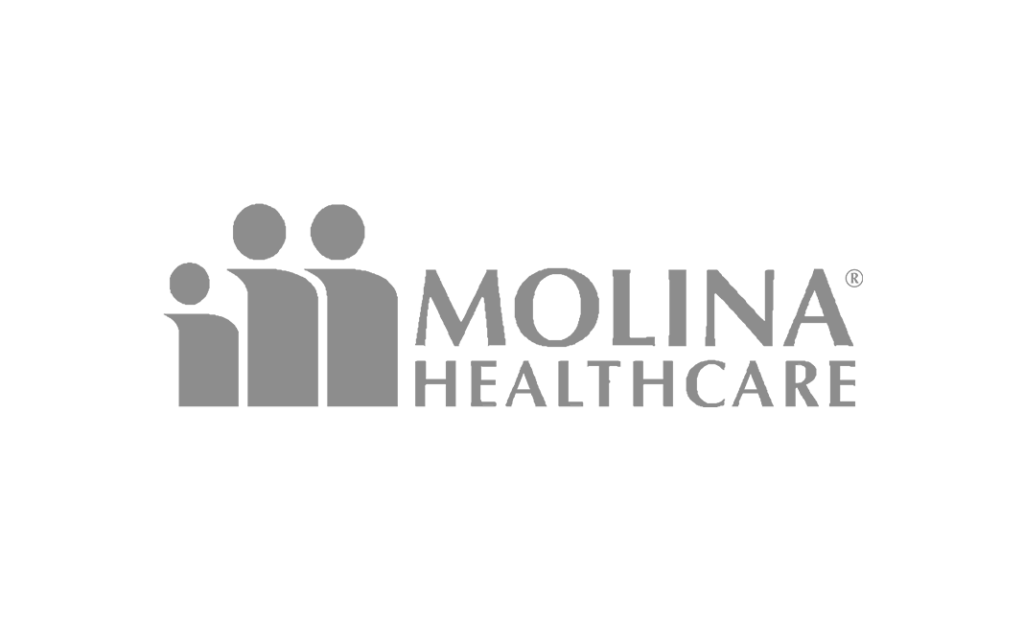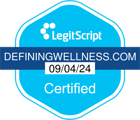Suboxone Withdrawal & Medical Detox
The symptoms of suboxone withdrawal will vary in intensity depending on several factors, including how long the individual has been abusing and the size of the doses when abused. Because suboxone is by nature taken for a long period after another opioid has been abused, it can be addictive. However, again, when used medically and properly, any addiction will not stay with the patient post-use.
That being said, withdrawal symptoms can last up to a month, and include but are not limited to:
- The chills
- Fever
- Depression
- Anxiety
- Body aches
- Excessive sweating
- Increased heartrate
- Insomnia
- Mood swings
- Intense cravings for more suboxone or other opioids
Generally, symptoms are most intense during the first three days of recovery. The worst of the physical symptoms will present during this period. The mental symptoms tend to set in once the physical ones subside a bit, and then tend to fade within a month.
However, cravings can last a lifetime. Therefore, it’s important to use suboxone properly when prescribed. Patients will likely take suboxone for a long period of time once recovery begins. Again, this, combined with the mild euphoric effects it produces, is why suboxone has a high risk of abuse.
Withdrawal symptoms are much more likely to occur, and much more likely to be worse, if a suboxone user stops using without help, whether prescribed or addicted. Opioids present the most dangerous withdrawal circumstances, and Wellness Recovery can provide all the help necessary for a suboxone addict to recover.
Help with Suboxone Withdrawal
The idea behind medication-assisted treatment for opioid addiction is actually quite simple. Instead of stopping use “cold turkey,” the patient’s opioid levels are tapered down slowly, under professional supervision. Suboxone is no exception. Recovering opioid addicts who opt for a suboxone treatment will use the drug in gradually lower and lower amounts until none is taken.
Without professional supervision, stopping the use of suboxone can be devastating. In addition to the potential for all the symptoms listed above, suboxone abusers leave themselves at high risk for overdose. A recovering opioid addict needs more than to simply stop. There are several negative repercussions to doing so. A recovering opioid addict needs substance abuse professionals.
A Final Word
Suboxone is a legal opioid used to treat narcotic dependence. When used as a form of medication-assisted treatment, suboxone is effective and relatively safe. An addiction is unlikely to form because the patient will be properly weaned off. When abused, suboxone can be very dangerous and addictive. Plus, if a suboxone addict quits cold turkey, similar withdrawal effects to that of heroin can be experienced.
Suboxone is a combination of buprenorphine and naloxone. Buprenorphine is sometimes used to treat pain, but also as a treatment for opioid addiction recovery. It’s an opioid partial agonist, which essentially means it’s a weaker opioid than full agonists such as methadone or heroin. Naloxone is an opioid antagonist, which means it reverses and blocks the effects of opioids on a cellular level.
If you or a loved one needs help stopping the abuse of suboxone, or of any opioid, contact us today to get started. Even if medication-assisted treatment doesn’t seem fitting, there are many other options to be explored. Opioid addiction is killing several Americans every day. Let’s stop the madness together. Defining Wellness Centers is here to help, so call or visit us today for more assistance.








